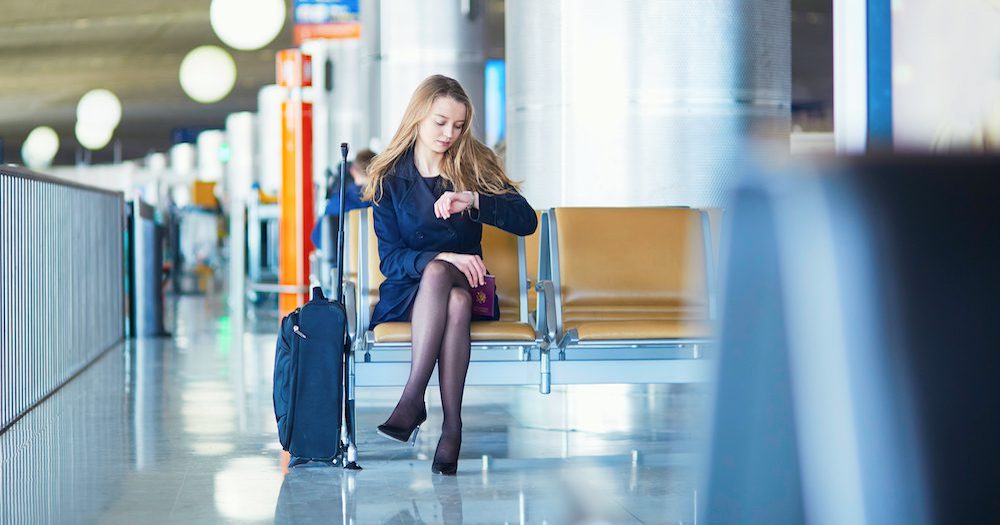Multiple airlines can, and often do, make claims of being the country’s most “reliable” airline. But who to believe? Well, it usually comes down to semantics and which way you look at the stats.
Is the most reliable airline the most punctual or the one that cancels the fewest flights? If it’s about punctuality, is it the airline that departs on time or arrives when it’s supposed to? And do claims consider every airline or only the major players?
For on-time performance, Bonza has been Australia’s most reliable airline this year. According to the latest data from the Department of Infrastructure, Transport, Regional Development, Communications and the Arts (BITRE), Australia’s newest carrier scored 81.7 per cent for both on-time arrivals and on-time departures for February.
It also led the way for on-time arrivals in January with 78.4 per cent of flights touching down on time.
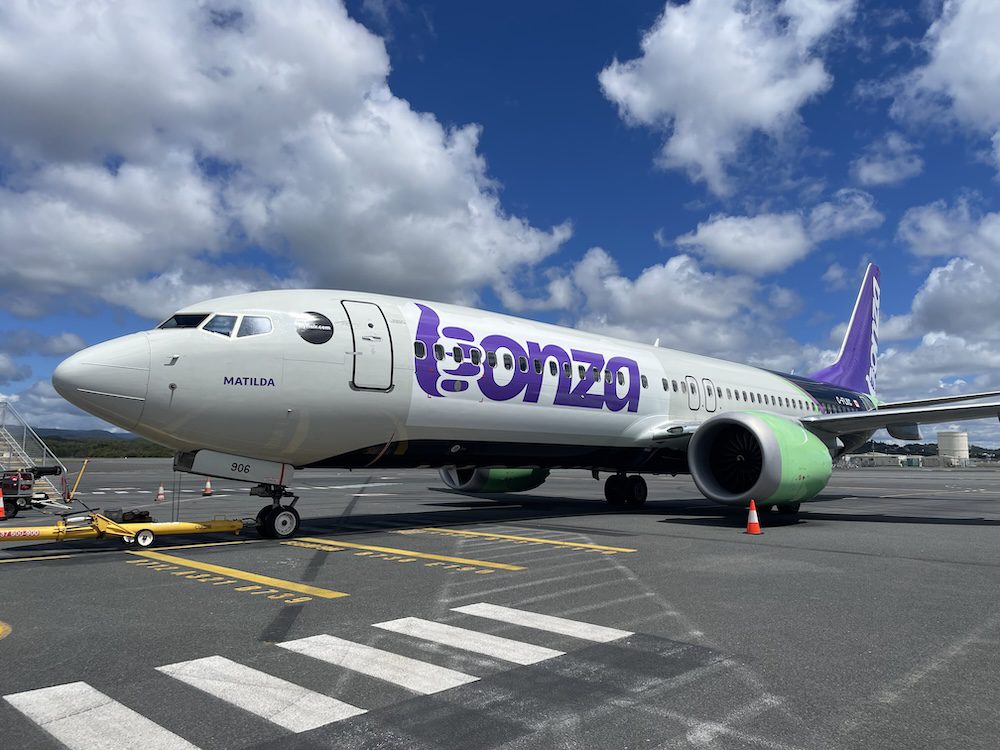
Of course, it’s easier to be more punctual when you only fly six jets on 809 sectors (in February) – compared to Qantas (QF) designated services, for instance, which totalled nearly 20,000 sectors.
And Bonza has had other woes, with Australia’s newest carrier delaying the rollout of its Gold Coast-Darwin service (which finally launched last week), and “deferring” several others at the end of last year.
Rex most reliable?
Elsewhere, Rex has claimed to be Australia’s most reliable major airline, announcing an on-time departure rate for jets of over 80 per cent for February. A look at BITRE stats however, shows the airline had an on-time departure rate of 76.3 per cent – taking into account all of its aircraft. It’s worth noting that Rex only operates nine jets.
Its on-time arrival score was also only 72.1 per cent, which was the second lowest among all carriers.
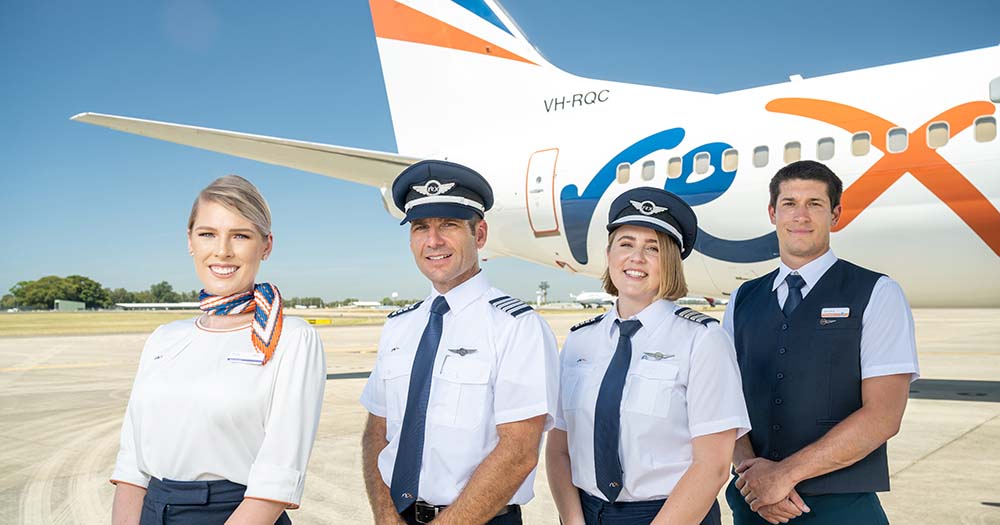
To its credit though, Rex had the lowest cancellation rate among all airlines, with just 2.1 per cent of services cancelled.
In January, it only cancelled 0.6 per cent of flights – easily the lowest among all carriers.
“Rex’s outstanding reliability in an extremely challenging aviation environment is a testament to the indefatigable team at Rex who work tirelessly everyday to eliminate or reduce disruptions,” Rex Chief Operating Officer Neville Howell said.
“We will continue to do so to thank the increasing number of Australians who have now made Rex the airline of choice.”
1 in 17 cancelled
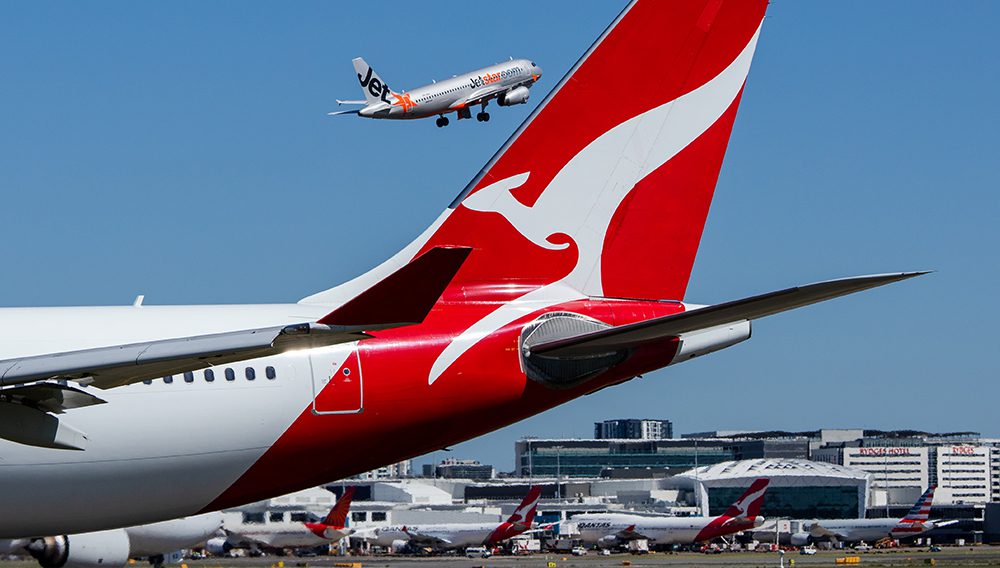
Meanwhile, the BITRE data shows that Qantas cancelled more than twice as many flights as any of its major competitors (including Jetstar, Virgin Australia, Rex and Bonza) in February, with around one in 17 (5.8 per cent) services cancelled.
The next closest major airline in terms of flights cancelled was Virgin (all VA designated services), with 2.8 per cent of flights dropped in February. Proof of how quickly things can turnaround, in January, Virgin led the way for cancellations, with 5.3 per cent of fights dropped, which was more than double Qantas’ number (2.5 per cent).
It’s also important to remember, that Qantas operates by far the most sectors (19,058) of any airline with the largest fleet – and therefore the most moving parts, which can make it more difficult to stay on top of reliability.
Jetstar jumps
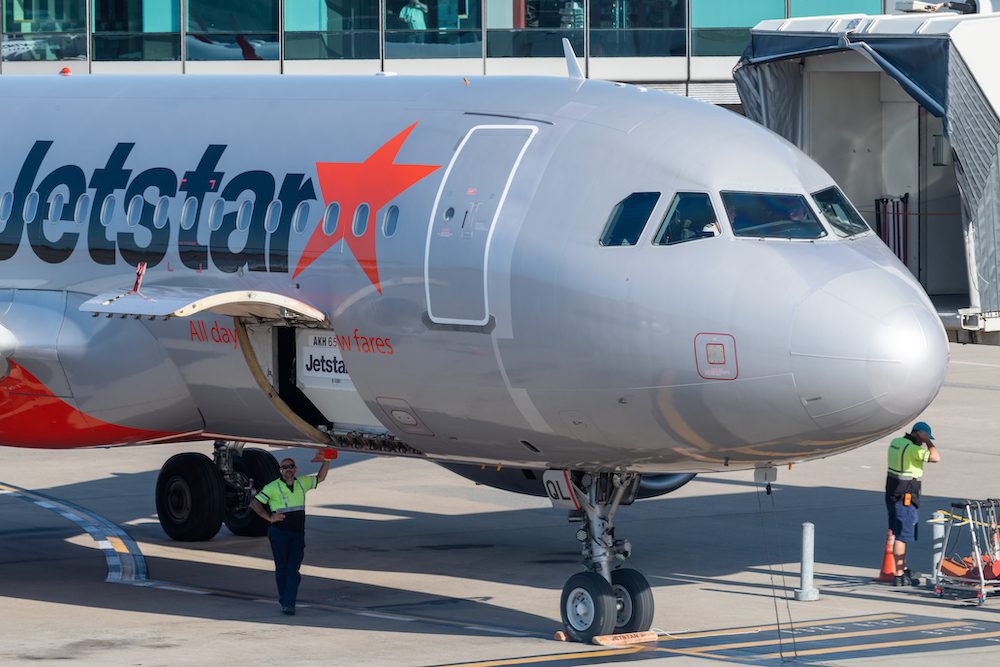
Low-cost carrier Jetstar has highlighted its improved performance in the latest BITRE report, saying the results marked a “major turnaround” in its reliability and on-time performance. Among its achievements was a score of 84 per cent for flights arriving within 30 minutes of their schedule and 94 per cent for flights arriving within one hour.
“Our customers told us to do better, and we have delivered with significant improvements in reliability over recent months,” Jetstar Chief Operating Officer Matt Franzi said.
“There is always more work to do and we’re continuing to look for ways to make our operations even stronger, including having more aircraft on standby in case things don’t go to plan and another seven new A321neo LR aircraft arriving by the end of the year.
“Our fleet and domestic network are bigger than ever which makes the work of our teams across the country more complicated.”


